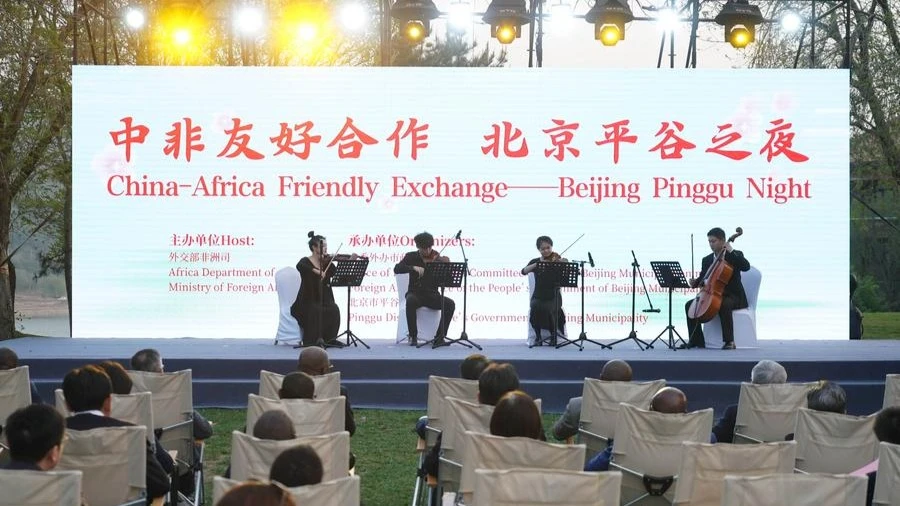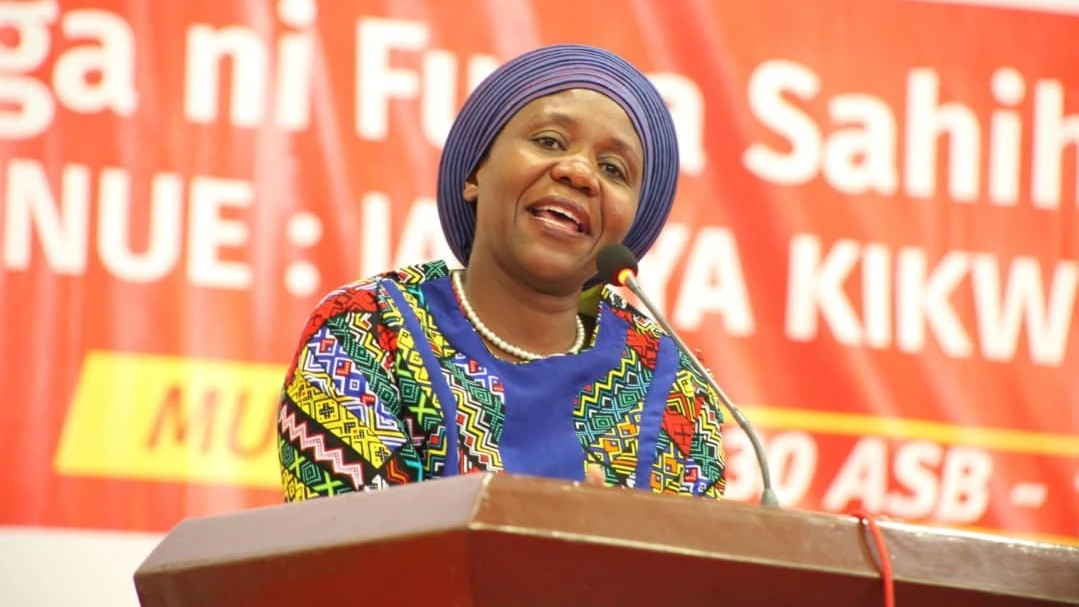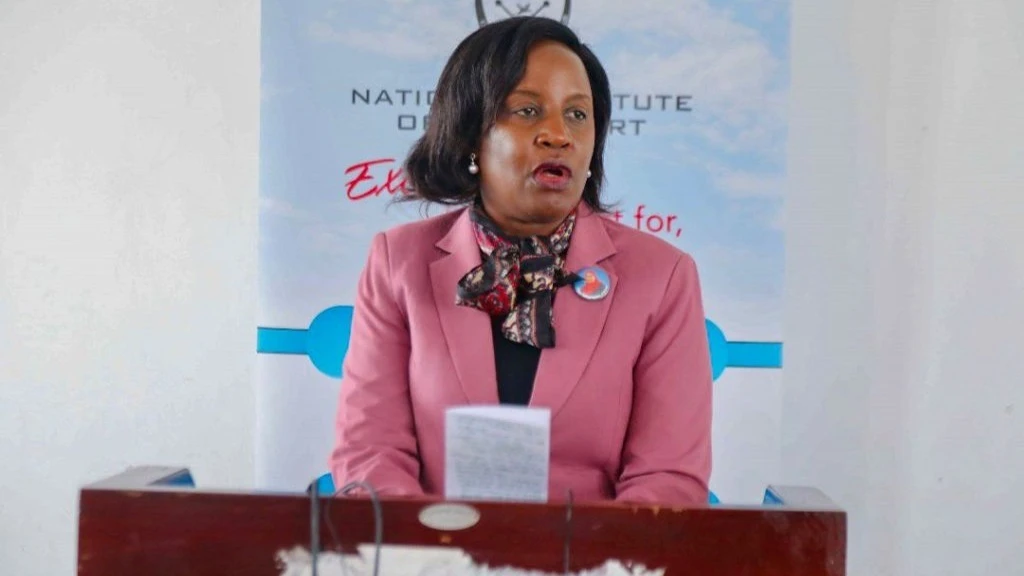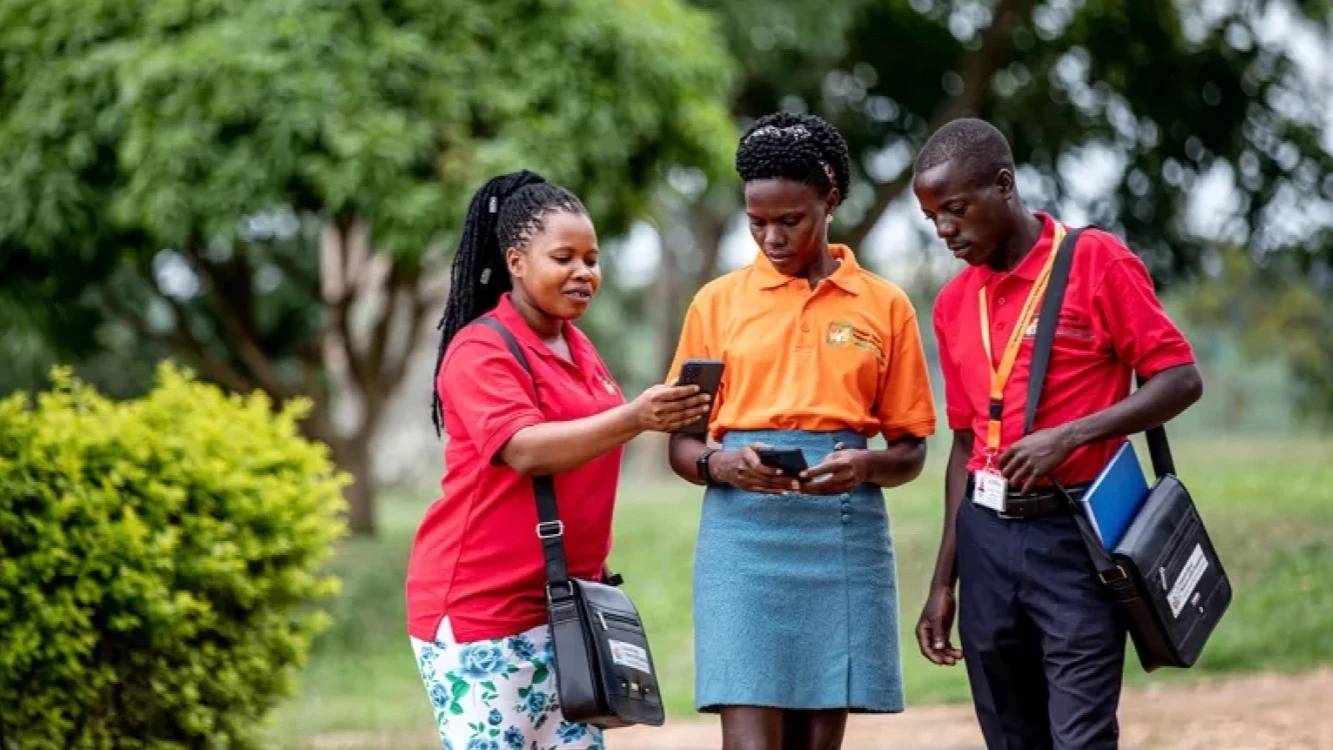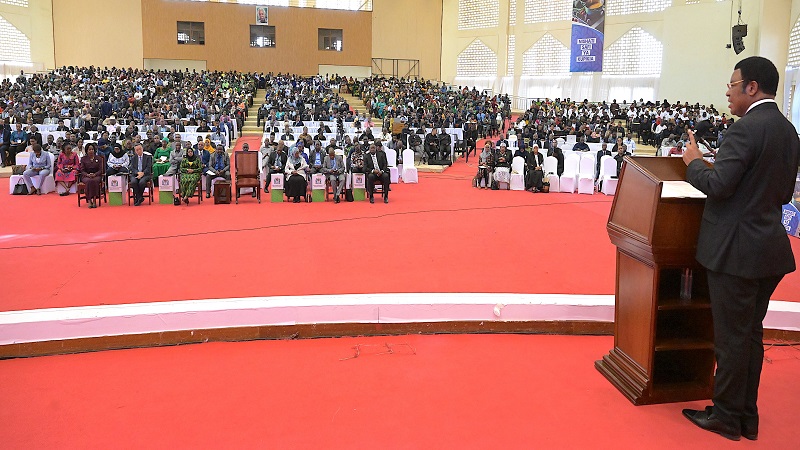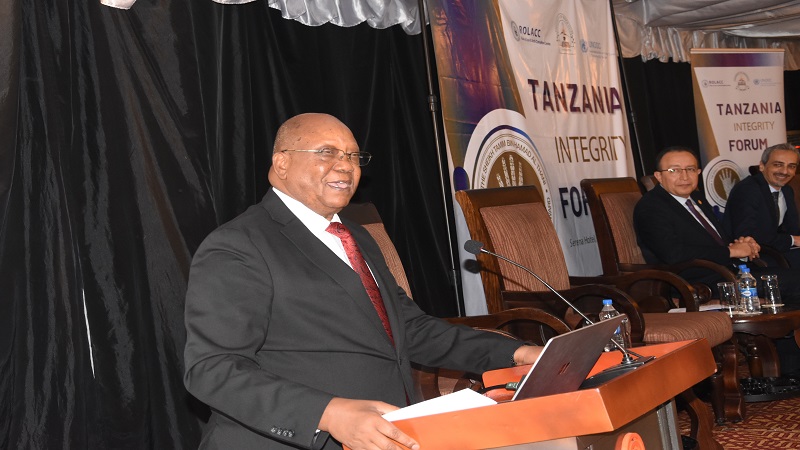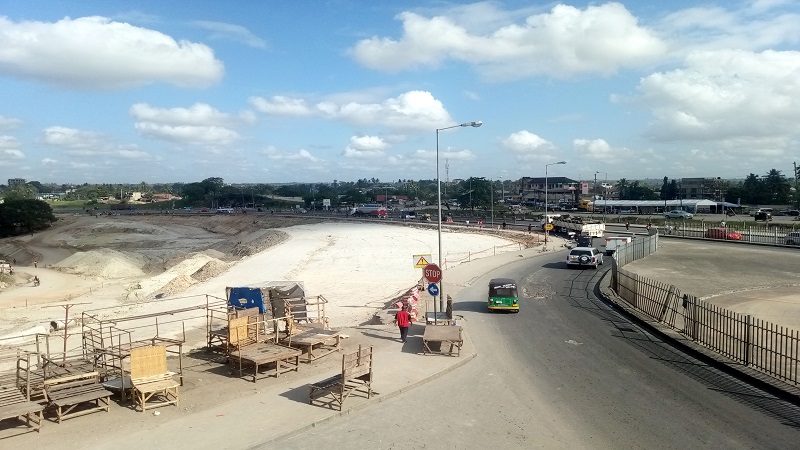Small commodity hub fuels China-Africa trade
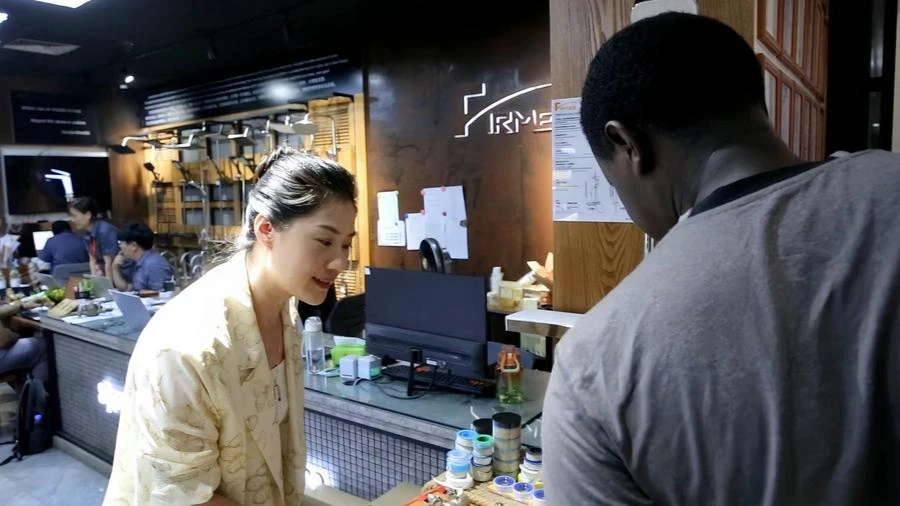
AT Yiwu Finder Import and Export Co., Ltd. in Yiwu City, east China’s Zhejiang Province, Ai Bin busily loads two containers bound for Zambia and Ethiopia with various products, including small welding machines, tile cutters and pliers.
“Africa is our main market and currently we ship out containers almost daily,” said Ai, the company’s sales department manager.
With an abundant variety of commodities, convenient and fast logistics, and a good business environment, Yiwu is often referred to as “the world’s supermarket.”
China has remained Africa’s largest trading partner for 15 consecutive years, with bilateral trade reaching a record 282.1 billion U.S. dollars in 2023, according to the Ministry of Commerce.
Thanks to growing China-Africa trade relations, the city’s exports to Africa make up about one twelfth of China’s total exports to the region in 2023, while its imports from Africa are increasing.
In the first half of this year, Yiwu’s imports and exports to Africa reached 57.83 billion yuan, up 17.1 percent year on year.
“As Africa undergoes industrialization and urbanization, many countries and regions require an extensive supply of construction and agricultural equipment, presenting significant business opportunities,” said Deng Chaofeng, general manager of Zhejiang International Trade Supply Chain Service Co., Ltd.
“We rely on cost-effective products and good after-sales service to attract more customers,” Deng added.
Currently, over 560,000 overseas merchants make purchases in Yiwu each year, with African traders representing more than 10 percent of that number.
Additionally, over 3,000 merchants from Africa reside in Yiwu. Tirera Sourakhata, originally from Senegal, is one of them. After living in Yiwu for 21 years, he even speaks Mandarin with a strong Yiwu accent.
“I source various daily necessities from Yiwu and even purchase relatively affordable new energy vehicles for my clients from Africa. The products are highly popular with local governments and businesses,” said Sourakhata.
To help Yiwu businesses better engage in international trade, the city has innovatively created a digital trade platform accessible via www.chinagoods.com, assisting merchants in building overseas networks and connecting with global trade partners.
The platform can even leverage AI technology to help business owners create and enhance product videos and translate Chinese versions into 36 languages.
“With the platform, our exports to the African market increased by over 30 percent last year,” said Tao Juying, an executive of Zhejiang Yilingnuo Technology Co., Ltd., adding that the cutting-edge technology allows the company to reach more customers.
“Today, African countries are seeking higher-quality Chinese products to replace old ones and meet consumers’ demand for niche products, creating vast market potential. We are very optimistic about the future of China-Africa trade cooperation,” said Huang Junqiao, an official with the commerce bureau of Yiwu.
Xinhua
Top Headlines
© 2024 IPPMEDIA.COM. ALL RIGHTS RESERVED








